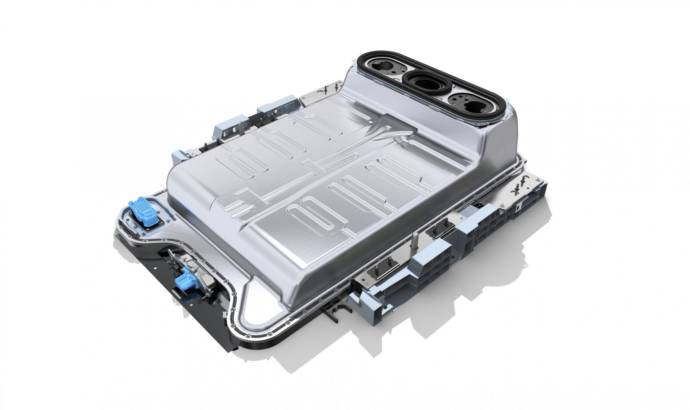Recycling batteries is one very important step in building electric cars. And with a tradition of more than 11 years in the field, Renault knows how important this is.
Renault Group is the first carmaker to act on the entire life cycle of the battery. It has developed solid expertise and goes even further with Mobilize to increase their durability, extend their uses and generate additional value at each step of the lifecycle.
During the first life of the battery in the vehicle, the Group is developing solutions for Vehicle-to-Grid (V2G) that enable energy to be pushed back to the power grid from the battery of an electric car. Of particular interest to grid operators, these power storage solutions can help balance energy load at all times. This way, a car connected for eight hours per day could potentially generate up to 400 euros per year through V2G, allowing EV drivers to offset part of their annual leasing cost, and Renault to capture recurrent profits related to car fleets.
At the end of their first life in the vehicle, batteries may still contain around two-thirds of their capacity and can be reused for a second life. Mobilize is finding new applications around stationary storage to manage punctual power needs, mobile electricity storage or generators for use in other industries. Renault is pioneering this market and has defined a unique industrial set-up to lead this market in Europe. This is via the collection of end-of-life batteries with the support of its dealer network, the ability to appraise the fair value of batteries thanks to real-time technical monitoring, and the industrial capacity to refurbish batteries at competitive prices and repackage the upcoming 250,000 units of leased Zoe batteries.
Through its subsidiary Indra and longstanding partnership with Veolia, the Group benefits from a robust know-how in EV battery collection and recycling. It has already recycled 75MWh of batteries, half of which were in 2020 alone.
The Group is also deploying facilities for battery retrofitting, re-using, dismantling and recycling through its Re-Factory project in Flins with the objective to generate more than 1 billion euros of turnover from end-of-life and recycling activities by 2030.
Going further in recycling, the consortium recently announced with Solvay and Veolia the recovering of strategic battery materials such as cobalt, nickel and lithium with a very high efficiency and battery-grade quality, so they can be reused in the production of new car batteries.



